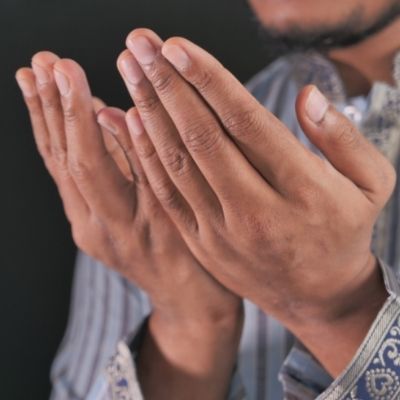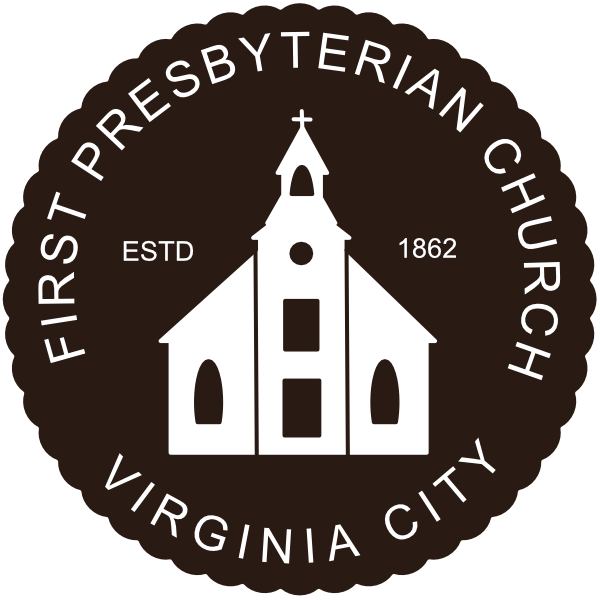
Today I would like to begin a summer sermon series, based on Walter Bruggeman’s book, “Great prayers of the Old Testament”. This series will be as much Bible study as sermon; as much educational as inspirational.
You might agree with me that the Lord’s Prayer is the ultimate template for personal prayer. But God has sought out humankind as has humankind sought God since the creation of the first man and woman in the garden of Eden. My hope is that we can learn much about the nature of prayer from some prominent figures in the Old Testament so that we can use their witness to enrich our own prayer lives.
We begin in the book of Genesis, with the story of Abram, son of Terah, from the land of Haran. Abram (turned Abraham) has had a long association with God, beginning with a call out seemingly nowhere, summoning him with the life-changing imperative: “GO”. And go he does, not knowing where he is going, taking with him his family (including his wife and his nephew, Lot, the latter who will figure significantly in the narrative), his possessions (which seem to be numerous) and his people, likely slaves he acquired in his household. God is not calling a “nobody” to follow, but a man with economic substance and important social significance.
As he makes his nomadic journey, the scriptures tell us of his interaction and generosity towards his nephew Lot. As their respective flocks and herds grow and become plentiful, there arises a dispute between them about water and grazing rights. Abraham gives his nephew his blessing to strike out on his own, to choose where he wants to settle, offering him the best part of the land before them. And so, Lot chose what is called the “Cities of the Plain”, which included the land of Sodom. It is here he set up his dwelling.
As we come to this morning’s prayer, we find a 90-year-old Abraham, who has just met with the angels at the Oaks of Mamre, having heard their prediction of a long-awaited son. Their departure has them heading toward the city of Sodom, and being the gracious host he is, Abraham escorts them partway on their journey. During the intervening years since Lot and his family settled into the community, Sodom has apparently become a hot bed of iniquity; hence we get the term “sodomy”. Leading up to Abraham’s prayer, God has heard a great outcry against the wickedness of the city, although at this point in the narrative, the wickedness is not specified. However, traditions in the Oral Torah have opened wide the possibilities. Inhospitality. Greed. Theft. Deception. Disregard of the poor and the orphan. Inhumanity. It is apparent that things are bad, very bad; indeed evil, in Sodom and there seems to be no inclination by the populace to clean up their act. And Abraham’s nephew and his family were in the thick of it.
In regarding the sins of the city, God is moved to act. Abraham is privy to God’s thinking, and so he challenges God, “Will you indeed sweep away the righteous with the wicked?” Now, one might interpret Abraham’s question as being unconcerned about the fate of the wicked. To say it differently, Abraham is concerned that the righteous not be collateral damage to God’s rightful destruction of the wicked. There is, however, another way to interpret this. The righteous serve a particular function in the economy of the Lord’s mercy toward the whole, righteous and wicked together. The presence of the righteous serves as a catalyst for God’s mercy toward the wicked. Just ten righteous folks can stave off the judgment of the Lord Almighty. In this fascinating back-and-forth between Abraham and the Lord, Abraham urges the Lord toward mercy, in actuality, fulfilling the purpose of the covenant. God is indeed God, and is free to exercise judgment. Yet, at the same time, Abraham’s faithful embodiment of the covenant petitions the Lord from justice to mercy.
And so, Abraham begins what some writers have compared to the middle eastern practice of bargaining in the marketplace. In fact, one source states the purpose of bargaining– it is not about money or trying to maximize profit as many assume – but more about building relationships. And that seems to underlie the exchange between God and Abraham as Abraham seeks God’s mercy on the community of Sodom. God heard Abraham because they were in relationship with each other. While we know that the ultimate outcome wasn’t stellar for Sodom, Abraham’s intervention for the people there does teach us about intercessory prayer. In fact, Abraham was actually a pioneer in intercessory prayer.
There are several lessons we can learn from Abraham’s prayer. First, Abraham was able to intercede for the community because he already had a relationship with God. He has been chosen to be the recipient of God’s covenant. He is identified by God as one who will do righteousness and justice. He is constantly in communication with God, which was the basis for his relationship with God. Likewise, we are called to spend time in the presence of God through scripture and prayer. And because we have a relationship with God, we too are able to come to God with our prayers. We can trust that God hears our prayers. In fact, we DO know that God hears our prayers – and answers them, as we have experienced in our time of communal intercession to God each week as a part of our worship.
Second, Abraham was praying for an entity other than himself. It was no selfish “gimme, gimme” prayer. He is actively interceding for others. He is making this deal with God for the sake of others and not himself. This is even a prayer for people who Abraham didn’t even know. His was the prayer of a person who cares about others and is willing to intercede on their behalf. It is to stand in the gap and link these people, sinful as they were, to the merciful heart of God. While his caring didn’t change the city; it seemed to change the heart of God, and perhaps even Abraham. And perhaps somehow, someone in Sodom was touched by God, even if Abraham didn’t know. We might say the same for ourselves; our caring and prayers might or might not bring about change in another. It is not always ours to know. But pray we do.
Third, he negotiated with God. Now truthfully, I hesitate to promote negotiations with God, although I know we do it often. How often do we ask God to give our loved one with cancer “more time”, to live long enough to be a part of certain milestones? How often do we later modify our pleas for something more immediate, should our loved one not live to meet our specific objective. Perhaps that is what was at work with Abraham. He was determined that God should show mercy, which he understood as a part of God’s nature. And so, he prayed, and did so boldly, and willing to come to a compromise with God. It is a reminder to us to pray, that for those for whom we intercede might also know God’s mercy and grace, however God might demonstrate that grace.
Abraham was clear in his quest for the salvation of Sodom. He prayed with clarity, logic and persistence. So perhaps, when we pray to God, we should take Abraham’s example to heart. Pray with a clear request, look for the logic in the bigger picture (which is God’s will), and persist in prayer, whether we pray for something large or very small.
Abraham was indeed a model for intercessory prayer. In his example, we see someone who takes initiative with God; daring initiative, with reference to the need he sees in the world. Then he opens his heart to God, sharing his fears and concerns and desires for others, and then turns the result over to God. Ultimately, God did not answer his prayer in quite the way he requested. But he ultimately accepted God’s will and wisdom. And while God may not have been able to find 10 righteous in the city, God did send angels to save Lot and his daughters.
Abraham prayed, and God heard his prayer. We pray, and we can trust that God will hear our prayers, as God did Abraham. May we learn from our ancestor in the faith and go forth in our prayers for our world around us. Amen.
